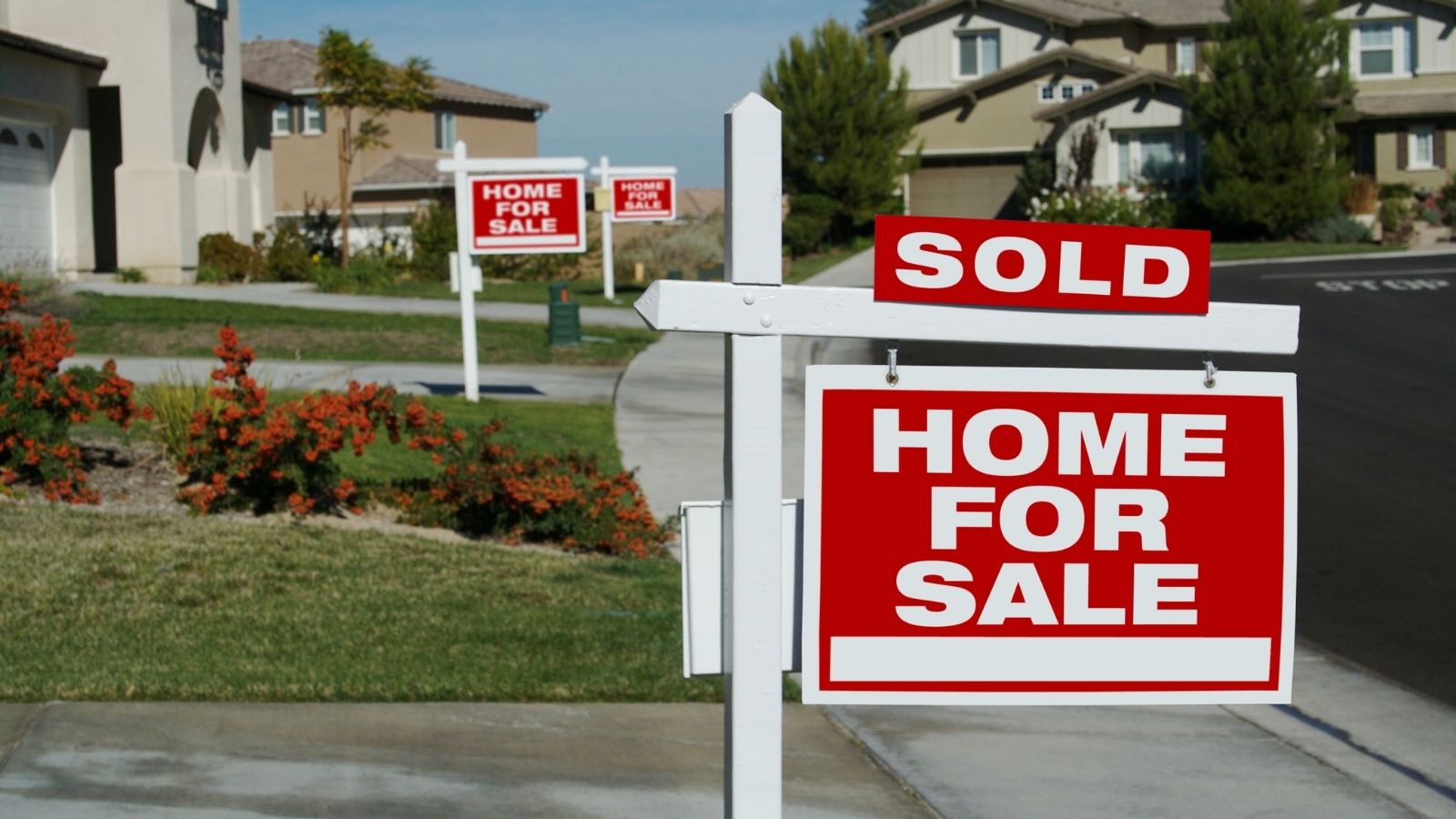In an ideal world, selling your home is as easy as a smile and a simple handshake. But, that’s not quite the case in the present world. With careful planning, a good understanding of the process, and a lot of patience and paperwork involved, selling your home can be a daunting task, especially when you are looking for another property to buy at the same time.
All the decisions you make along the way will either save you or cost you more money. So, if you are planning to sell your home, here are six fundamental business, legal, and financial steps involved that will help your home-selling process go a bit more smoothly.
1. Know Your Responsibilities and Costs
The costs associated with the sale of a home typically includes the following:
- Listing your house for sale (generally on the Multiple Listing Services, or MLS for maximum exposure)
- Hiring a real estate agent and paying their commission
- Paying any of the already agreed-upon closing costs
- And making potential repairs as requested by the buying party
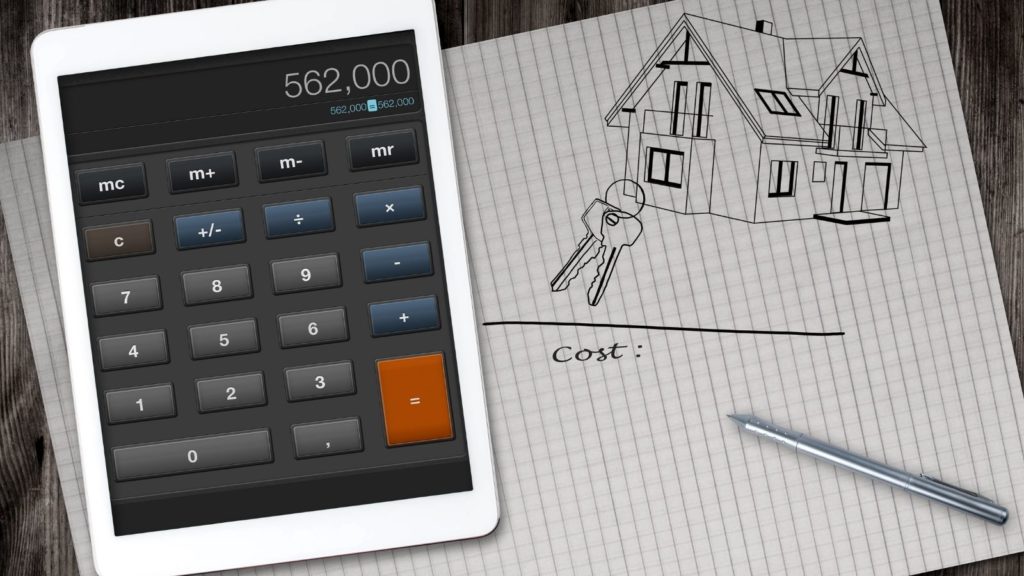
2. Set a Price for Your Home
You must have probably heard the expression, “pricing your home the right way is part instinct, part science, and part marketing.” Ideally, you want to get a top-dollar price for your house and the best terms during the time when your home is on the market. And to achieve this, several factors come into play, including the interest rate, market conditions, and more. However, sale prices are generally based on the following factors:
- The price at which similar properties in your area have recently sold for. These are called comparables
- The supply and demand in your area based on the local economy
- The fair market value of the home, based on the appraisal
- And lastly, the owner needs. For instance, if you wish to sell quickly, you will have to price your home lower. While this will help you sell your house faster, you will definitely lose quite a lot of money
Additionally, you can have your home appraised as a seller. This will help you establish the fair market value for your property and hence set the right price.
3. Show Your Home to Potential Buyers
Before you begin showing your property to potential buyers, you need to ensure the home is in immaculate condition. Here are a few simple and relatively inexpensive steps you can take to make your house look as inviting as possible.
Get Ready for a Quick Spruce Up
Buyers will consider even the slightest mechanical or cosmetic glitch to be a large issue. So, ensure you get everything fixed before the showing. It could be as easy as fixing a squeaky front door or replacing a toilet paper holder.
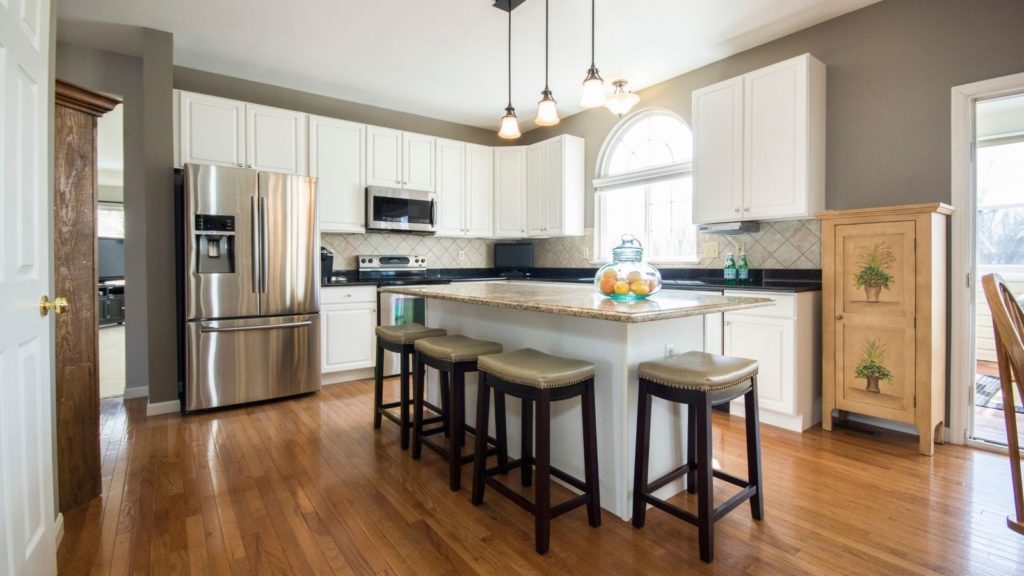
Clean Up the Clutter
When your house looks lived-in, it is more of a distraction than a selling point. For instance, consider clearing off tables and cleaning out closets. This will help you show how much space your home has.
Protect Your Personal Info
The chances are that there will be multiple potential buyers parading your home. Hence, it is crucial that you keep your valuable items locked away and your personal information, such as photos and documents, out of sight.
4. Negotiate Offers
As the seller, you have the option to either accept or deny an offer. You can also make a counteroffer mentioning what needs to change in order for the offer to be acceptable. The buyer can then accept your terms, refuse them, or make a counter-off. Here are a few vital tips to keep in mind.
An offer doesn’t turn binding until both the buyer and the seller agree to the terms. Then they sign the “offer to purchase” contract, subject to contingencies.
The contract should include an expiration date, initial deposit, purchase price, financing terms, buyer down payment, contingencies, warranties, and fees.
Typically, your sales contract will include a clause that allows the buyers to perform a walk-through inspection of your property within 24 hours before the closing.
5. Get Ready for Closing
Before you can close the sale of your home, a lot of procedures need to take place. These steps usually involve:
- A home inspection where the inspector will do a complete examination of your house’s physical structure and systems.
- A title search to ensure you really own the house and there are no other claims to the property.
- A property survey, which refers to a technical drawing of the house and its structures.
- A well testing and septic certification, which is mandatory in some states if your house has a septic tank or a well.
- A final walk-through where you enable the buyer to inspect the home within 24 hours before closing.
Finally, you should also let the buyer know anything that might interfere with their decision to purchase your home.
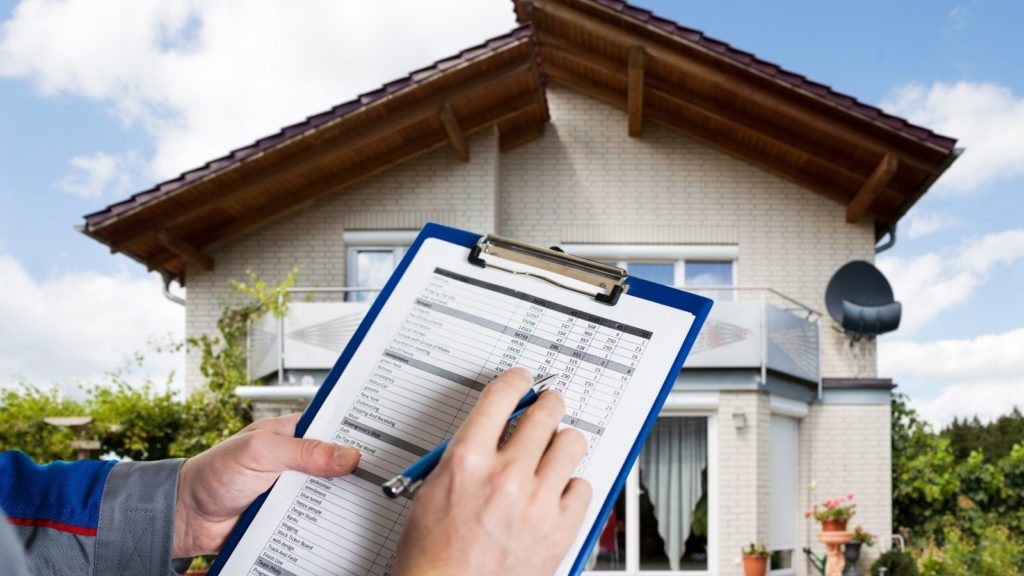
6. Attend the Closing
The final step in your home selling journey is closing. During the closing, the deed will be delivered to the buyer, and the title is transferred, the financing documents and the title insurance policies are exchanged, and the agreed-on costs are paid.
A few of the final documents include the deed and mortgage or the deed of trust that is signed by both parties and the appropriate third parties and then delivered to the county recorder to be recorded.
Remember that you will have to pay the following at closing:
- Closing costs, like loan fees, agent commissions, recording filing fees, title insurance charges, etc.
- Transaction taxes and other fees.
| Allen | Carrollton and Farmers Branch |
| Dallas | Flower Mound |
| Forney | Frisco |
| Garland | Little Elm |
| McKinney | Plano |
| Richardson | Rockwall |
| Wylie |
Should You Sell Your House?
If you are looking to sell your home because you need more space, it is worth comparing the cost of building an extension, converting the attic, or digging out the basement. The price of selling a home is so high, especially with the stamp duty, that you will end up saving money by expanding your existing home.
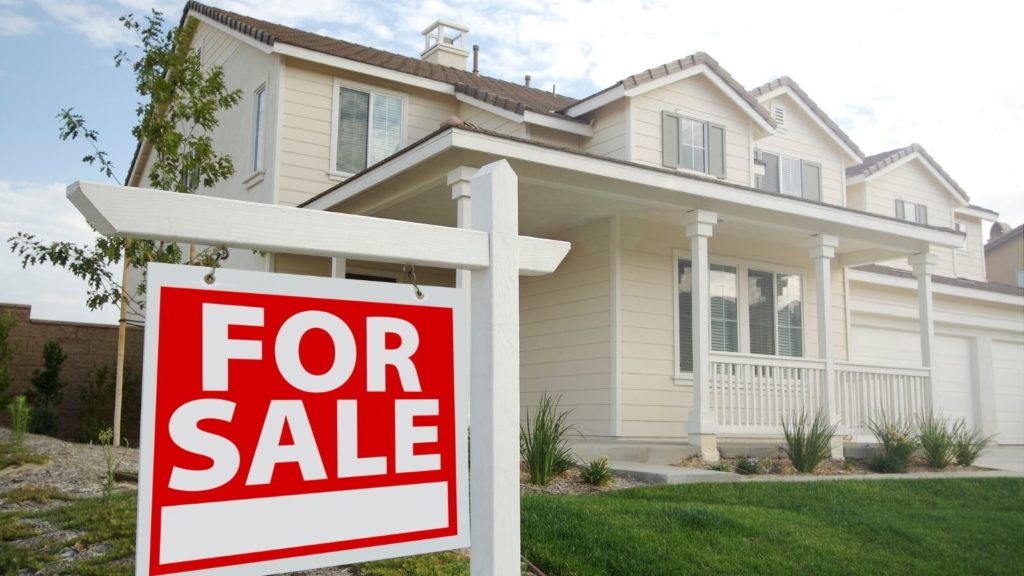
In case you are thinking about downsizing, think about the pros, cons, and alternatives before making a decision. Depending upon your circumstances, you will be better of renting your home than selling it.
Have Questions? Ask Korin
Our team is the best source of information about the local community and real estate topics. Give us a call at (972) 821-6145 to learn more about local areas, discuss selling a house, or tour available homes for sale.
